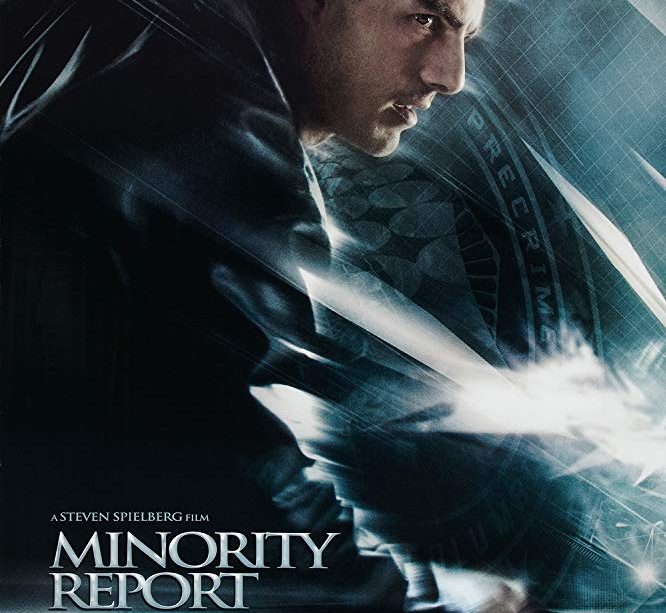The Impact of Minority Report on Society and Technology

The Relevance of Minority Report
Since its release in 2002, the film Minority Report has inspired conversations about the implications of predictive technology and the ethical dilemmas of pre-crime intervention. With advancements in artificial intelligence (AI) and data analytics, the themes presented in the film resonate more than ever, making it a critical topic in our contemporary society.
Synopsis and Key Themes
Directed by Steven Spielberg and based on a story by Philip K. Dick, Minority Report depicts a future where a specialized police department, called PreCrime, prevents crimes before they occur, based on the visions of three psychics known as ‘precogs.’ This concept raises significant questions about free will, privacy, and the morality of punishing individuals for crimes they have yet to commit.
As technology rapidly evolves, particularly in predictive algorithms and surveillance, the film’s exploration of societal control and the possibility of a ‘big brother’ state feels increasingly relevant. In a world where data is often used to predict behaviour, one must consider how far society is willing to go to prevent crime, and at what cost.
Current Events Reflecting Minority Report’s Themes
Recent discussions around facial recognition technology and policing practices echo the warnings presented in Minority Report. For instance, cities around the globe are grappling with the use of AI in law enforcement, and debates are intensifying about civil liberties and ethical boundaries. Several local governments have even placed bans on the use of facial recognition for policing due to concerns about bias and wrongful accusations.
Moreover, as social media and online activities generate data, some tech companies are developing tools that proactively flag potential threats, reminiscent of the precogs in the film. However, this raises the spectre of removing individual autonomy and the potential for misuse of such power by authorities.
Conclusion: A Call for Ethical Consideration
In conclusion, Minority Report serves as a cautionary tale regarding the dangers of unchecked technological advancement and its implications for justice and personal freedoms. As AI continues to permeate daily life, the question remains: how do we balance innovation with ethics? It is crucial for society to engage in discussions that contemplate the fine line between safety and intrusion, ensuring that the lessons of Minority Report are not forgotten.









